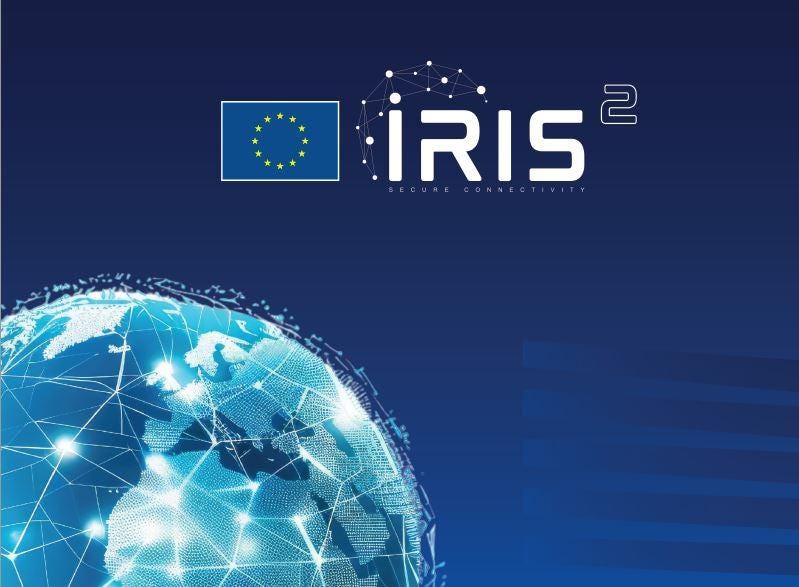The Overview — Connection
Fueling the next generation of aerospace engineers
Connection
The bridge that unites people, things, and ideas, paving the way for progress and innovation.
Welcome back to The Overview! As we enter into the holiday season, we’ve got an issue that is packed with insights and inspiration for you to savor and reflect on.
🤝 Have you hesitated to talk to a professor or industry expect you admire, unsure how they’ll respond? Networking can be daunting, but Alexandra Haraszti is here to help. In her latest article, she shares practical tips and relatable stories to help you build confidence and make meaningful connections!
🛰️ The European Union has unveiled Iris2, a €10 billion project led by the European Space Agency, designed to secure digital sovereignty. The constellation will launch 290 satellites and is set to be operational by 2030.
👥 Personal Experiences
An Introvert’s Guide to Networking
Academic networking can feel intimidating, with impressive names and high stakes, but most people are happy to help if approached thoughtfully. Stanford PhD student Alexandra Haraszti, who you may remember as the space origami researcher and from her feature on The Overview Podcast, shares tips and anecdotes in her latest article about overcoming hesitance to reach out. A few key takeaways:
Craft a flexible and confident elevator pitch that adapts to different audiences
Start small by connecting with people in your immediate circle
Ask meaningful questions to gain insights and build relationships
Be direct and clear in communication
Networking is a skill that improves with practice. Seeking support from peers and mentors can make the process less intimidating!
🚀 Aerospace News
The space industry never slows down, and neither do we. For a great summary of 2024’s major industry moves from an investment perspective, check out CNBC’s Michael Sheetz’s overview of 2024 post on LinkedIn.
The EU is starting its own Starlink
Source: Reuters
The Russia-Ukraine conflict showed that technologies like Starlink can be a deciding factor on the battlefield. This reliance on a private U.S. company has prompted many governments to consider building their capabilities natively.
Now, the European Union has announced its internet constellation named Iris2, a €10 billion project led by the European Space Agency that will launch 290 satellites and will be operational by 2030. The project was subject to a lot of negotiations on funding and resource allocation between the member countries, particularly Germany. But the promise of “digital sovereignty” for the European Union outweighed the costs.
What sets Iris2 apart? The constellation will use a combination of low-earth orbit and medium earth orbit satellites, rather than being completely in low-earth orbit like Starlink. This is the reason for the significantly smaller number of satellites in the constellation (<300 vs. Starlink’s ~6000). The project is contracted to three satellite companies: Hispasat, Eutelsat, and SES, all of whom have existing communication satellites in orbit. The first launch is scheduled for 2029, with the final launch expected at the end of 2030. The satellite industry has forever changed, with constellations as the new norm for high coverage and connectivity!

💬 Quote of the Week
“No man is an island, entire of itself; every man is a piece of the continent, a part of the main.”
— John Donne
Thanks for reading The Overview—The Connection edition. We hope that the holiday season brings you meaningful connection with your loved ones and all of the things that bring you joy! ⛄🎁✨
Enjoyed this edition? Share The Overview with a friend or colleague who loves aerospace. As always, feel free to reach out at admin@theoverview.org with any feedback or requests for topics you’d like to see in the future!
Stellar vibes,
Alexandra, Tagg, Anshuk, Maggie, Isaac



